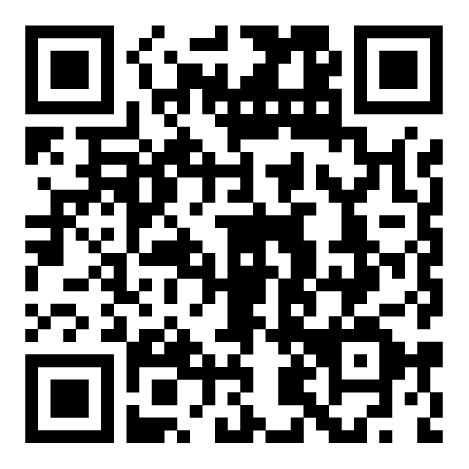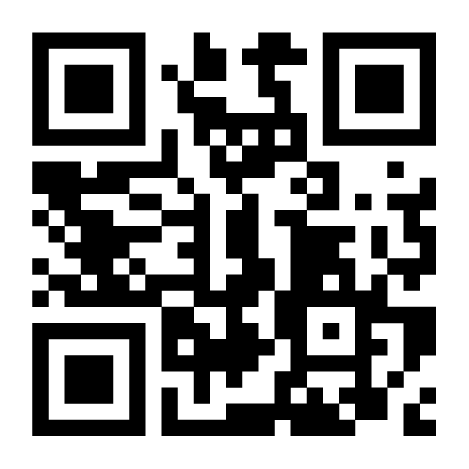Management Ability Improvement Training
The theoretical basis for the courses and construction of this course system mainly includes the following four levels of theories. In the process of teaching implementation and students' learning, there is not only theoretical basis support, but also the application of work scenes, which can help students put what they have learned into practice in a short time and play a role in familiar scenes.
Talent ability training and development module
According to the development characteristics of managers, personnel development is mainly divided into four stages. The first stage is mainly aimed at new managers or junior managers. These trainees are mainly airborne managers or business experts promoted to managers, and they lack a sense of identity for management posts. At this stage, it mainly helps them to realize the transformation of their identity and role in management concept from the heart to the behavior; The second stage is mainly aimed at junior managers, who find their own shortcomings in management ability in management work and need to improve their own management ability. The third stage is mainly for team managers. In this part, it can help managers improve team management ability, enhance the overall combat effectiveness of the team, and meet the needs of team building and management. The final stage enables multiple conversions of people, teams, and business leadership.
Job level competency model
The whole curriculum system is built according to the competency model of management talents and the target requirements of management ability. The corresponding ability items are integrated into the curriculum at each stage to ensure the synchronous improvement of other quality and ability items, so that managers can feel the comprehensiveness and practicability of management ability.
Specific job scenarios
In order to ensure the practicability and usability of the course, most of the theoretical models in the course will match the position scenarios of the students and the audience to teach, so that the students can feel the close connection between the knowledge points and work, and at the same time, the knowledge can be applied to avoid theoretical holes. Some courses can become sandtable courses, integrating daily work into the sandtable, so that students can have a deeper understanding of the knowledge system and feel the specific application of theories in sandtable exercises.
Develop the habit of independent learning
For managers, continuous learning, improvement and iteration of their own ability is the key to continuous progress and development. Some theoretical courses will be matched with case study, reading and sharing or action learning, so that managers can develop learning in work, perception in learning, and change behavior in perception.
Talent ability training and development module
According to the development characteristics of managers, personnel development is mainly divided into four stages. The first stage is mainly aimed at new managers or junior managers. These trainees are mainly airborne managers or business experts promoted to managers, and they lack a sense of identity for management posts. At this stage, it mainly helps them to realize the transformation of their identity and role in management concept from the heart to the behavior; The second stage is mainly aimed at junior managers, who find their own shortcomings in management ability in management work and need to improve their own management ability. The third stage is mainly for team managers. In this part, it can help managers improve team management ability, enhance the overall combat effectiveness of the team, and meet the needs of team building and management. The final stage enables multiple conversions of people, teams, and business leadership.
Job level competency model
The whole curriculum system is built according to the competency model of management talents and the target requirements of management ability. The corresponding ability items are integrated into the curriculum at each stage to ensure the synchronous improvement of other quality and ability items, so that managers can feel the comprehensiveness and practicability of management ability.
Specific job scenarios
In order to ensure the practicability and usability of the course, most of the theoretical models in the course will match the position scenarios of the students and the audience to teach, so that the students can feel the close connection between the knowledge points and work, and at the same time, the knowledge can be applied to avoid theoretical holes. Some courses can become sandtable courses, integrating daily work into the sandtable, so that students can have a deeper understanding of the knowledge system and feel the specific application of theories in sandtable exercises.
Develop the habit of independent learning
For managers, continuous learning, improvement and iteration of their own ability is the key to continuous progress and development. Some theoretical courses will be matched with case study, reading and sharing or action learning, so that managers can develop learning in work, perception in learning, and change behavior in perception.







 辽公网安备 21029602000700号
辽公网安备 21029602000700号